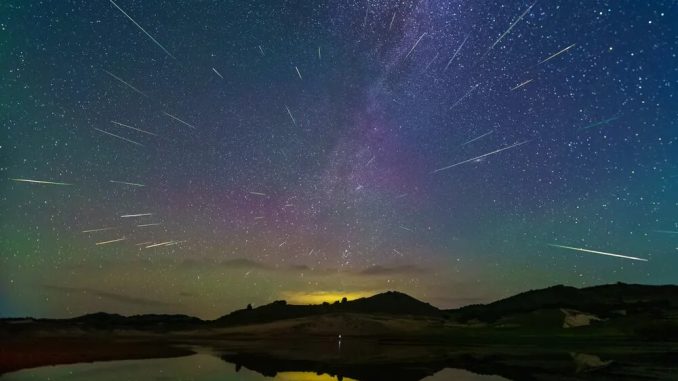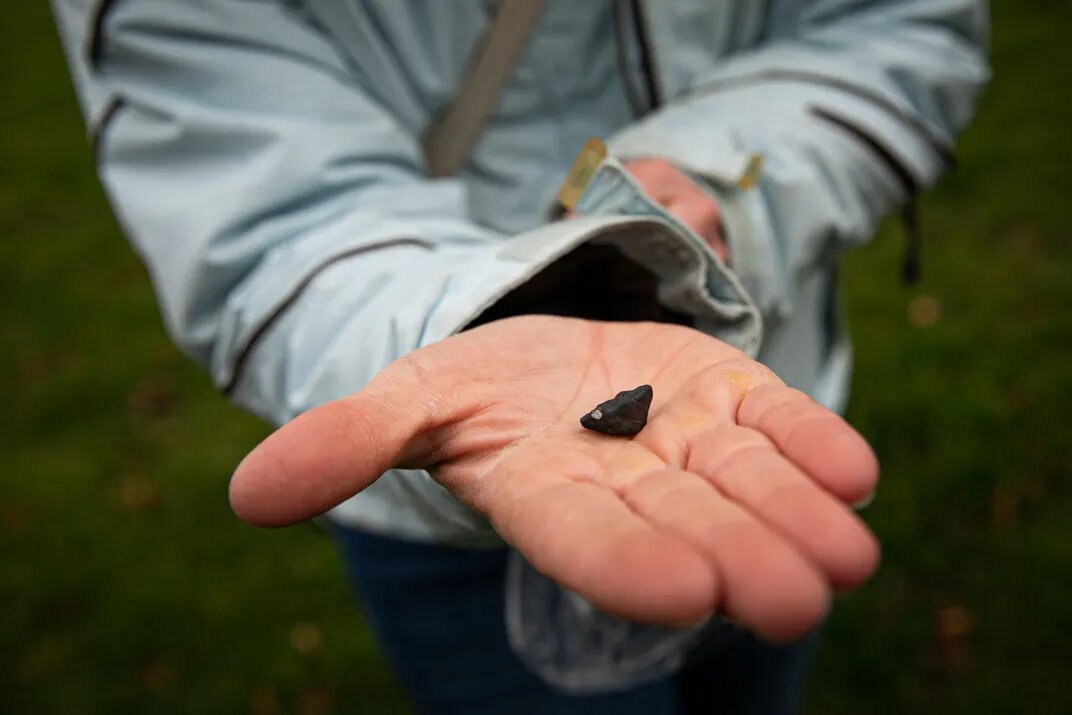
See Astronomers Uncover the Origin of Most of Earth’s Meteorites, Shedding Light on Our Solar System’s Past
Prior to the latest investigation, scientists have tracked the origin of just 6% of the known meteorites that landed on our planet.
Every day, 48.5 tons of meteoritic debris enters Earth’s atmosphere. Almost all of it burns up during its descent, but the parts that survive and reach our planet’s surface are known as meteorites. Because some of these space rocks date back to the very early days of our solar system and have stayed unmodified since their formation, they can provide information about the environment in which our sun and planets formed.
Until recently, scientists have only tracked the origins of 6% of the over 70,000 known meteorites, attributing them to the moon, Mars, or Vesta (one of the biggest asteroids in our solar system’s asteroid belt), according to the statement.
An multinational team of specialists has pinpointed the origin of almost 90% of all known meteorites, revealing that 70% came from just three asteroid families in the asteroid belt between Mars and Jupiter. In September and October, the researchers published three publications in the journals Astronomy and Astrophysics and Nature.

“It’s absolutely like a pot of gold at the end of a rainbow for a meteoriticist to know what asteroid the samples come from,” Sara Russell, a planetary scientist at London’s Natural History Museum who wasn’t involved with the new research, tells Science News’ Robin George Andrews.
The team studied the composition of meteorites found on Earth and conducted a telescopic survey of the materials that make up the major asteroid families in the asteroid belt. Via simulations, they modeled the formation of those asteroid families, per the statement.
An asteroid family is a group of asteroids with similar orbits formed by collisions inside the asteroid belt.Miroslav Brož, an astronomer at Charles University in the Czech Republic and principal author of two studies, spoke with Reuters’ Will Dunham.
The research discovered three large asteroid families: Karin, Koronis, and Massalia. They developed as a consequence of three collisions that occurred 5.8 million, 7.5 million, and about 40 million years ago. These are recent origins when compared to the whole history of our solar system, which is around 4.6 billion years old.
“The most recent collisional events that happened in the asteroid belt are completely dominating the flux of material to our planet,” Michaël Marsset, a research fellow at the European Southern Observatory and lead author of one of the papers, tells Gizmodo’s Passant Rabie. “You might think that the meteorite flux should be a blend of all the compositional classes we observe in the asteroid belt, but it’s not at all the case, it’s dominated by three asteroids that fragmented recently.”
That makes sense, because younger asteroid families consist of more asteroid fragments because of their relatively recent formation, per the statement. These pieces collide with each other, in turn, which can sometimes knock the fragments onto a course toward Earth. Over tens of millions of years of these crash impacts, the cluster becomes depleted.
Researchers found that the Karin and Koronis families account for a type of meteorites called H chondrites, which make up 33 percent of Earth’s known meteorites, per Reuters. The Massalia family, on the other hand, is responsible for a type of meteorite called L chondrites, which make up 37 percent of Earth’s meteorites.
In all, chondrites make up 85 percent of the meteorites found on Earth. They are stony meteorites with distinctive round particles called chondrules, and they often contain olivine and pyroxene, silicate minerals commonly considered the building blocks of our solar system, as Trevor Ireland, a researcher at the University of Queensland in Australia, writes for the Conversation.
Leave a Reply